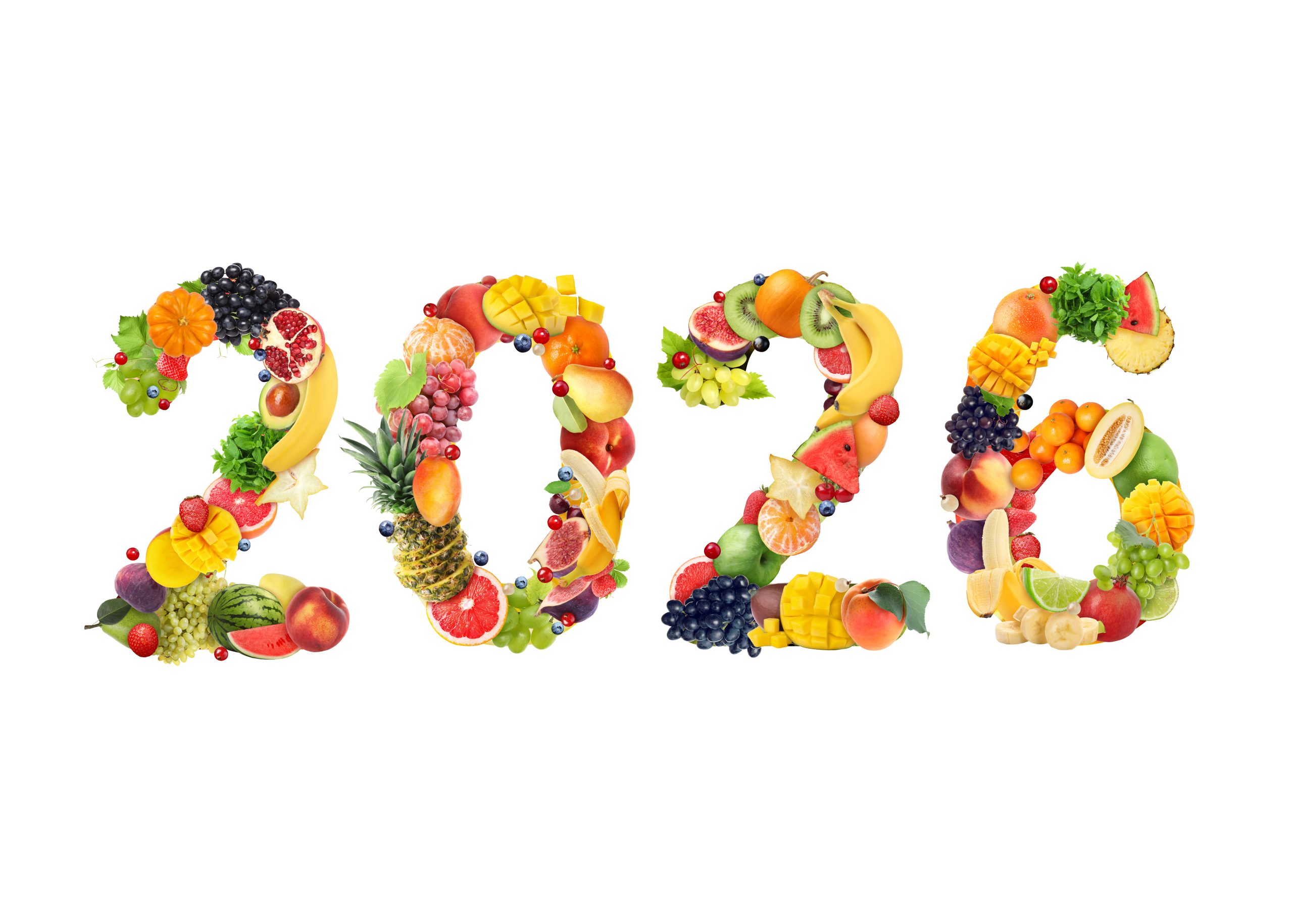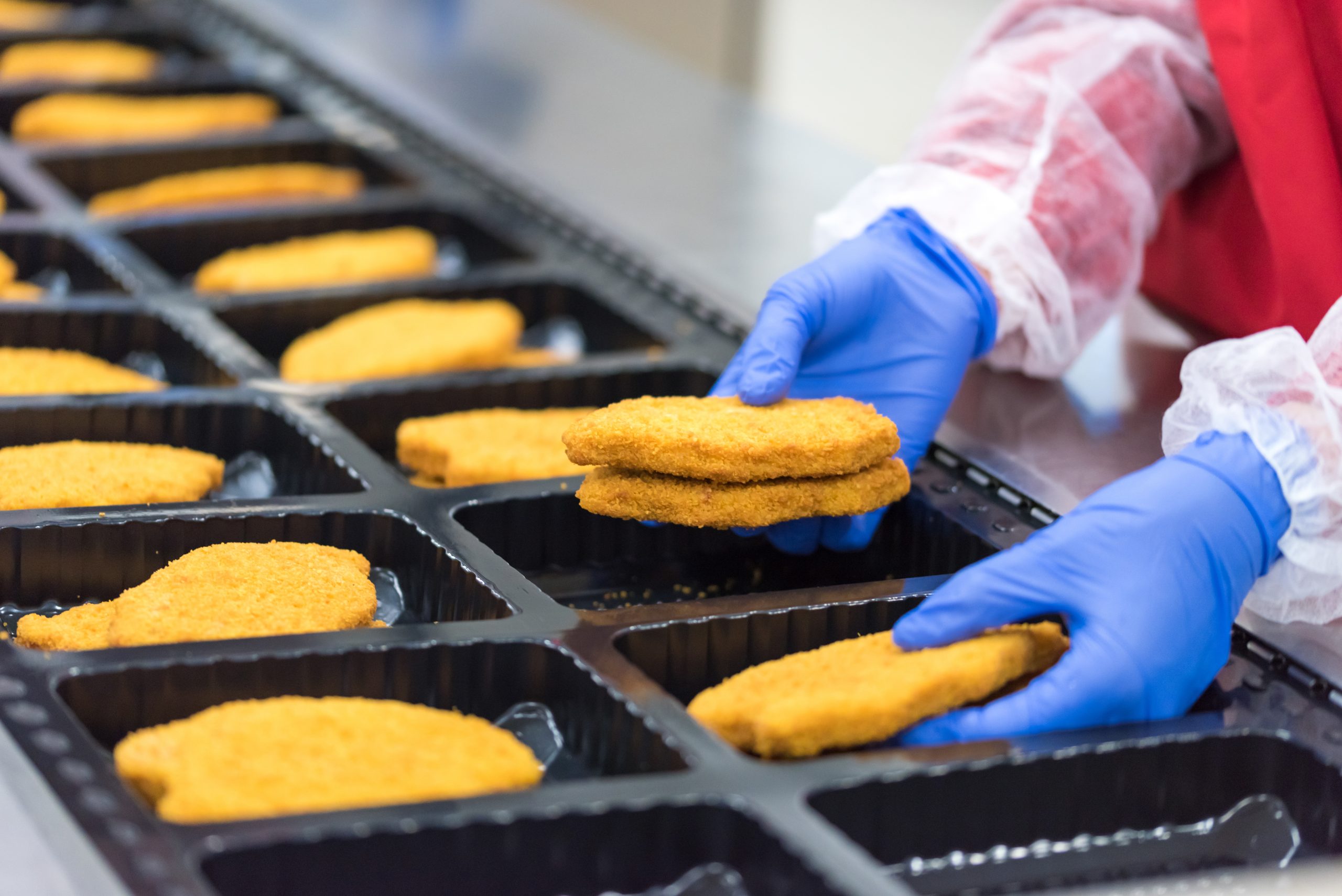Our premiere online conference this year was a resounding success due to our adaptation and innovation. The tech features of chats and networking lounge retained that unique meeting atmosphere from SNEB members who are friendly, generous, and inquisitive. Recognizing our ongoing pandemic and social inequities, our food future appears more complex but we are committed to rise to a sustainable world.
About the Theme
During catastrophes, humans become more interconnected and recognize that our rise from upheaval is determined by our reliance on people, increasingly from around the world. Community resilience can be strengthened by sustaining relationships, strengthening cross-sector collaborations, and promoting community engagement.1 Conversely, the marginalization of people, such as racism, impedes health and recovery.2,3
Resilience is also dependent on our reliance on the Earth as a habitable planet. Our food system contributes to and is impacted by natural resources degradation and climate changes.4 Issues of environmental and food security, sovereignty and justice intersect with race, culture, location and economics.5,6 Recently, Sturmberg commented on “ how a pandemic reveals that everything is connected to everything else” and writes about the complex and interdependent system.7 The same can be said for the serious threats to the foundations of our world- climate change, resource destruction, and social inequity. We are encouraged to create a new lens for our profession, develop interdisciplinary approaches in our practice and enact policies that address long-term solutions. What is authentic listening to and learning from people of color to solve structural racism? If Earth is our home, how do we nurture it? Challenging situations are integral to our profession; however, for complex system problems, we need everyone to the community table to create the new paradigm for a sustainable planet and thriving communities.
Preparing the Way
Disruption also provides opportunity for significant changes. For example, many consumers are more conscious of their local food supply, gained cooking skills and created family meals. Does food knowledge translate to biodiversity concern? Who decides the food system that is available? Food and nutrition educators are change agents, which requires reinvisioning. As you consider the state of the world when we meet in New Orleans, what progress and innovation are you creating and expecting? Our reliance on SNEB members worldwide builds our dynamic Society and maximizes our effectiveness through shared learning. Who is missing from the table? Intersecting research, practice, and policy at different socioecological levels in more effective and novel ways may provide opportunities to build sustainability. How will you show up?
Bring Your Friends
The call for programs is open with a due date in early October. Conference deadlines and details are online at sneb.dev.mod9multimedia.com/2021. I look forward to seeing you in New Orleans, August 7-10, 2021. We are dedicated to creating a supportive environment for our colleagues, from every part of the nation and world. I look forward to seeing familiar SNEB colleagues and friends and meeting new members.
This editorial was originally published in the September 2020 issue (Vol. 52, Issue 9) of the Journal of Nutrition Education and Behavior.
continue reading
Related Posts
It’s a Busy Time for Nutrition. What’s Happening A current
The New Year is a time to look ahead…for dietary
SNAP benefits may have resumed but Dr. Marion Nestle assesses



